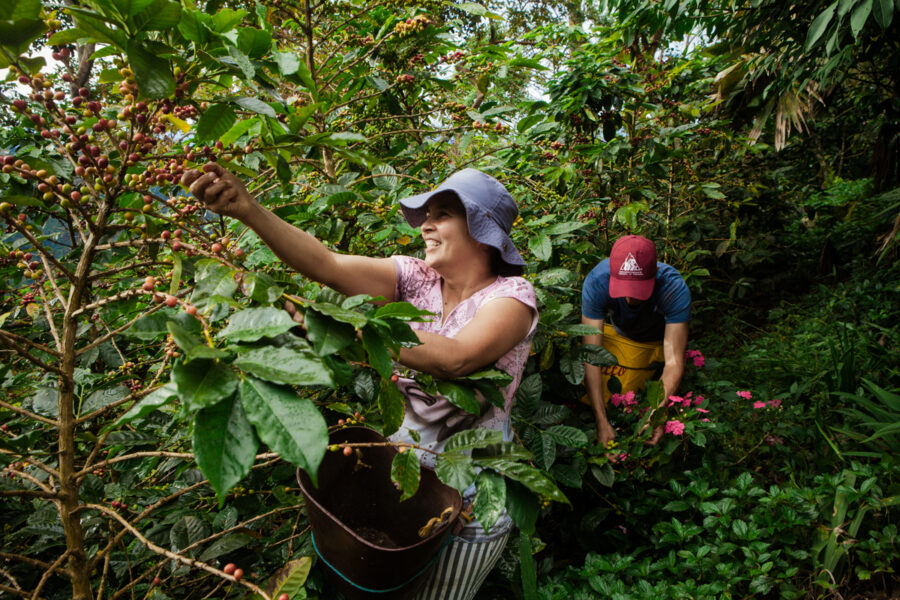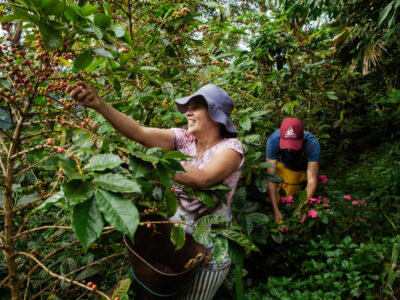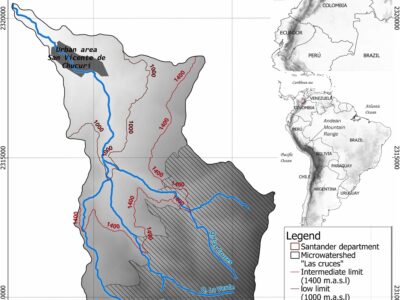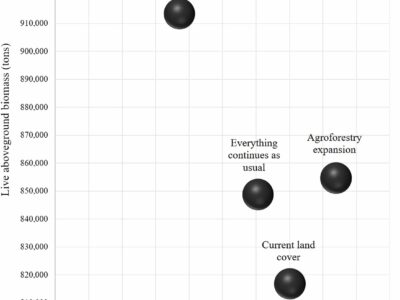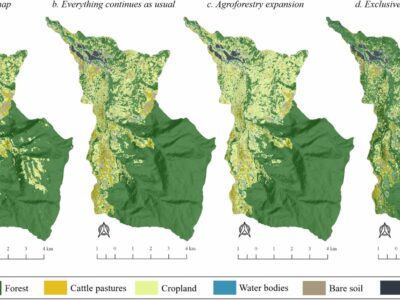The main goal of our study was to propose and test a framework for participatory scenario planning tailored to complex tropical mountain social-ecological landscapes. This framework aimed to create a safe space for dialogue, enabling local communities to consider their future and recognize their agency as key actors in shaping the landscape. The evaluation of ecosystem services within this framework was intended to assist in prioritizing scenarios and guiding the decision-making process.
In Las Cruces, we applied this framework to evaluate ecosystem services under three plausible future scenarios—exclusive conservation, agroforestry expansion, and continuing as usual. Through this process, locals engaged in collective reflection on their future and their role within the landscape. Although the scenario promoting agroforestry expansion provided the most favorable outcomes in terms of ecosystem services, the community expressed a preference for the scenario where everything continues as usual. This preference underscores their attachment to their current way of life, while also highlighting the challenges they face in preventing emigration from the mountains, particularly concerning conservation and disaster risk reduction.
The Participatory Scenario Planning that was implemented provided a platform for local stakeholders to recognize their agency and influence in co-determining the future of their landscape. This process laid the groundwork for transdisciplinary action research in Las Cruces, fostering the co-production of knowledge and building trust between residents and researchers. Building on this experience, we proposed an innovative framework for social-ecological participatory scenario planning in the mountains (Rodriguez et al., 2023) and established the Farms for Knowledge Exchange (FiNCO), a local strategy for transitioning to sustainability (Buendía et al., 2023). In addition, the participatory process led to the creation of an animated video showcasing Las Cruces’ remarkable transformation towards sustainability through the adaptive cycle concept. Furthermore, the initiative contributed to the advancement of land cover classification methodologies, improving the distinction between agroforestry systems and forests (Bolívar-Santamaría and Reu, 2023).
The scenarios were made in: 2018
The scenarios look out to: 2030
